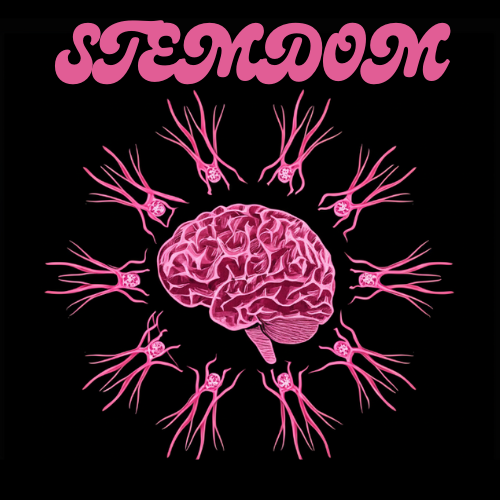Last night was a rollercoaster. I found myself chasing rickshaws in a fish market (my poor nose) after forgetting my Physics homework. That part was at least believable. I woke up confused, dazed, and mildly concerned. Why are dreams so unrealistic? And why do we believe them until we wake up?
Most dreams happen during the REM, or Rapid Eye Movement, phase of sleep. During REM, your brain is hyperactive, like a kid on a sugar rush. It is almost as active as when you are awake, except your prefrontal cortex, the part responsible for logic, decision-making, and planning, decides to take a nap. Honestly, mine feels like it is on permanent leave.
Meanwhile, your amygdala, which controls emotion, and your hippocampus, which handles memory, are having the time of their lives. They throw a party every night. That is why dreams feel chaotic, emotional, and familiar, like an overly dramatic play.
Even though your motor cortex is active, your body is temporarily paralyzed so you do not physically act out your dream.
In short, dreams happen when your emotions take over and logic is nowhere to be found.
Dreams feel real when you are in them, but totally illogical when you wake up. Why?
| Dream Feature | Scientific Explanation |
|---|---|
| Absurd plots | Low prefrontal cortex activity means poor logical reasoning |
| Random settings and characters | Memory gets scrambled |
| Intense emotions | Amygdala is overactive |
| Jump cuts and time skips | The brain does not edit dreams, it simply creates chaos |
Dreams do not follow a particular script. They follow emotions. If you are scared, you might see a monster. If you are worrying about school, maybe you get Hogwarts-themed chaos. They are symbolic, not literal.
What Do Dreams Reveal About You?
According to Sigmund Freud, dreams are secret desires. Scientists believe they help you process unresolved emotions, consolidate memories, and simulate “what if” scenarios for survival and decision-making. Basically, they help you overthink in a safe way.
Dreams might be messy, but they are meaningful.
What If You Do Not Dream or Remember?
You do dream. Everyone does. But you may not remember them. Dreams are easily forgotten unless you wake during or right after them. Stress, irregular sleep, or too much screen time can affect recall. Keeping a dream journal, even for absurd ones, helps improve memory.
Tip: Keep a notebook or note app beside your bed. Even if it is just one line, write it down.
Conclusion: Embrace the Weird
Your brain loves making up stories even when you are asleep. Dreams may seem absurd, but they are part of how your brain stays healthy, processes feelings, and explores creativity. So next time you wake up thinking “what even was that,” grab a pen. You might catch a glimpse into your subconscious world.
